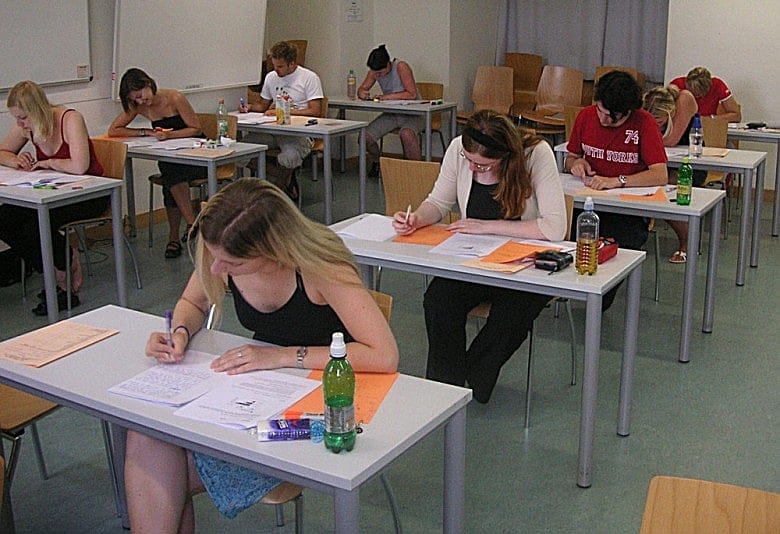Keeping MCAS, but upping math standard seen as alternative

STATE HOUSE — Education Secretary James Peyser wrote an op-ed in September laying out the choice the state Board of Education faces in November in choosing between keeping the state's MCAS exam or adopting a new student assessment known as PARCC.
But new research suggests a third option: continuing with the current MCAS exam but setting a higher score threshold in math to ensure that more students are ready for the rigors of college.

